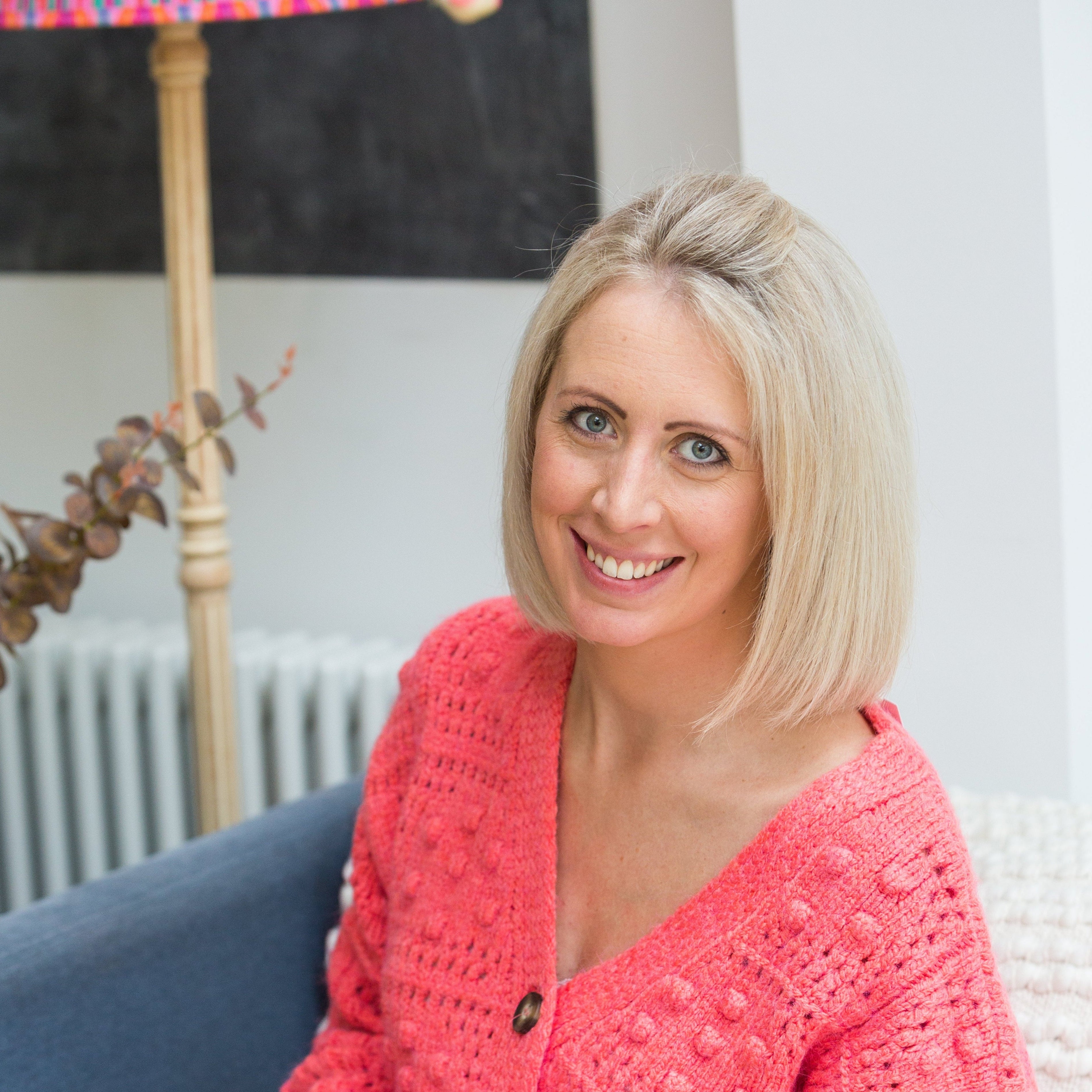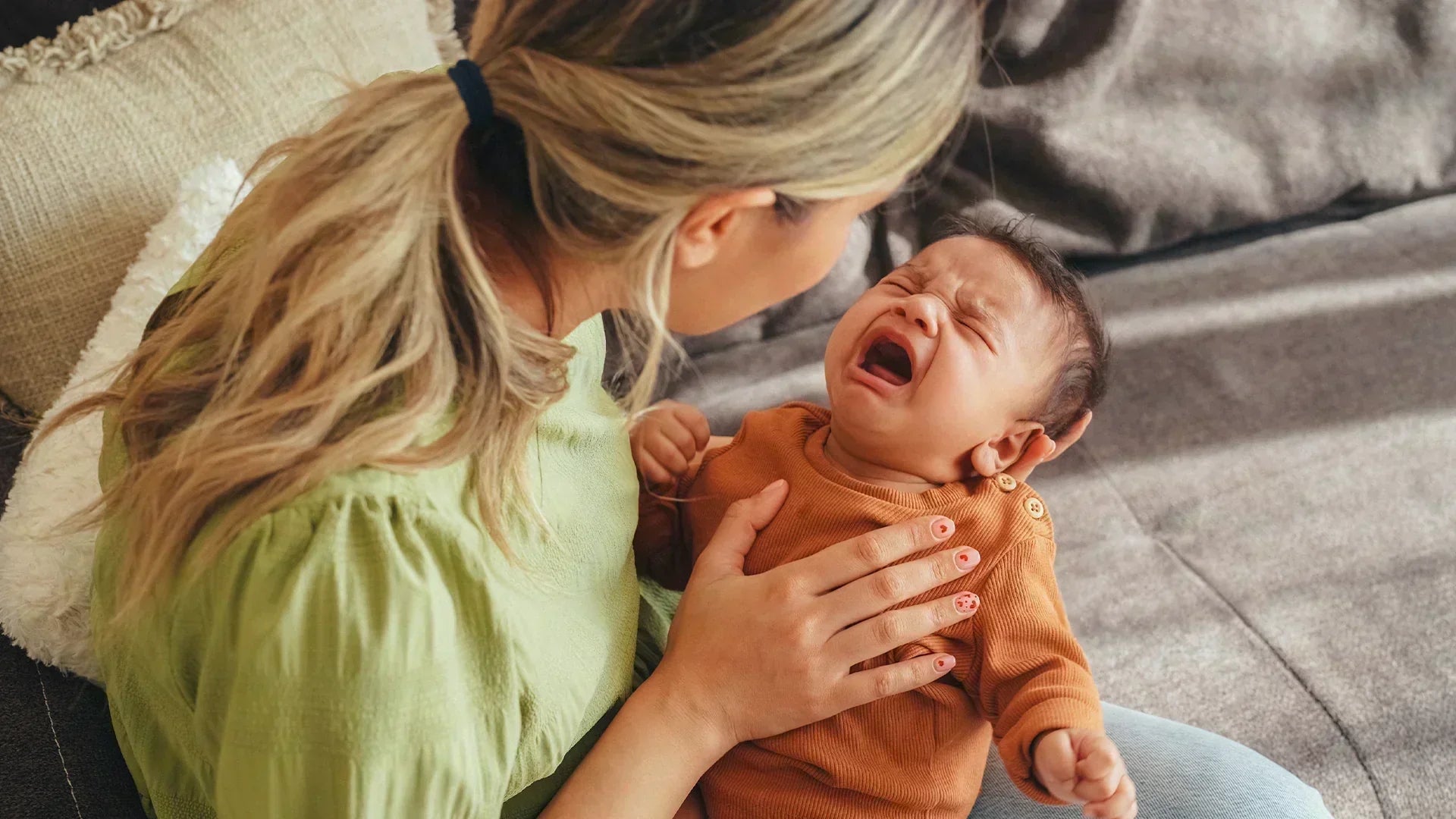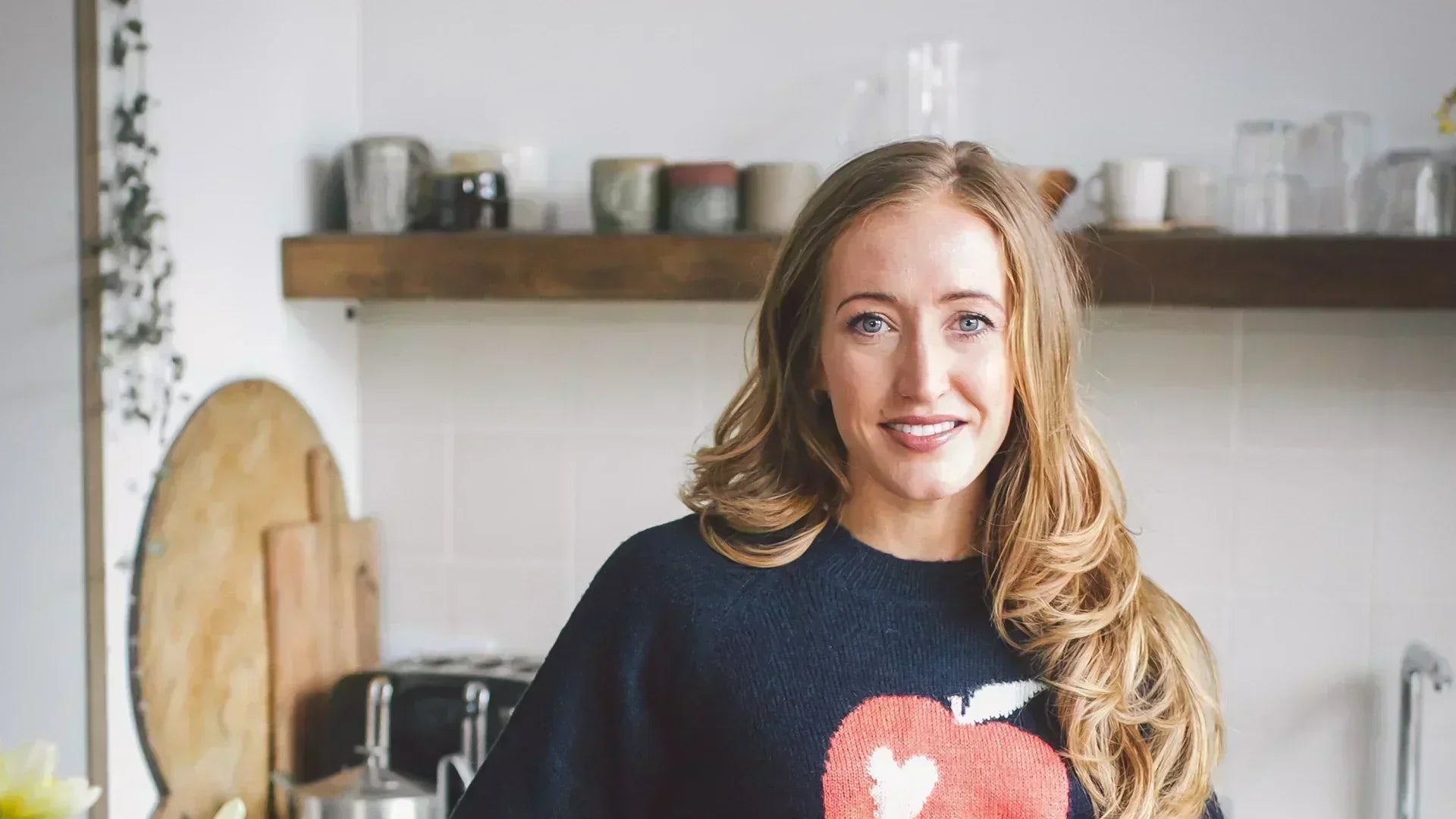Becoming a new mom is one of the biggest life transitions a woman can go through. From changing routines to shifting identities, new motherhood can be both magical and overwhelming.
In this interview, baby sleep expert Heidi Skudder shares insights from thousands of hours spent supporting new moms, offering compassionate advice on self-care ideas for moms during the early months of motherhood.
Q: Becoming a first-time mom is a huge change. What do you think makes this transition so overwhelming?
A: Becoming a new parent is an all-consuming time and probably the biggest transition you’ll ever go through. Everything changes – your daily routine, how much sleep you’re getting, how you dress (especially if you’re breastfeeding), and even the dynamics in your relationship.
Life looks completely different after giving birth. It’s the beginning of a magical journey that brings so much joy, but also its fair share of challenges.
Q: In your opinion, why do so many moms feel unsupported?
A: There’s generally very little postpartum support built into healthcare systems, which means parents often have to either pay for it or go without. That can make it really tough to build the “village” everyone says you need to raise a child.
It’s not unusual for new parents to feel isolated, especially when the baby is very young, needing to feed often, and not sleeping much.
There are baby clinics, feeding groups, and local drop-in centers you can turn to for support, but they’re not always well advertised. Be sure to ask around and find out what services are available to you.
Q: How does motherhood impact a woman’s sense of identity?
A: The shift in identity is huge. When your baby is little, it’s hard to imagine the days when you could leave the house without spending an hour packing a diaper bag – or even wanting to socialize because you weren’t so exhausted!
This transition into motherhood is called matrescence – the process of becoming a mother. Your values change, your routine changes, and life looks very different. It’s completely normal to love your new role and still miss parts of your old life. Self-care ideas for moms include giving yourself permission to feel all of it.
Q: A lot of new moms struggle with how their body feels after birth. What’s your advice?
A: The physical changes during and after pregnancy can make you feel like you’re in a completely different body. On top of recovering from childbirth, you might be breastfeeding too – both of which can affect how your body looks and feels.
There’s more awareness now about taking time to heal, but we still see public figures who seem to “bounce back” right away, and that can be really discouraging. It can take a year or more to fully recover physically from birth – and that’s totally normal. Be gentle with yourself. Real self-care ideas for moms include showing yourself patience and compassion.
Q: How do relationships change after becoming parents?
A: You might feel closer to your partner in some ways, but having a baby can also create distance. Lack of sleep can make both of you more irritable, and it might even start to feel like a competition over who’s more exhausted. And it’s not just your romantic relationship – your friendships might shift too. You may feel out of sync with friends who don’t have kids or feel like you’re missing out on your old life.
Sometimes becoming a parent brings up memories from your own childhood. Take it slow. Keep the lines of communication open with your partner and others. Remember: sharing a problem often makes it feel smaller.
Q: Emotionally, what can moms expect after birth?
A: One of the biggest changes happens on the inside. Hormones play a major role in the postpartum period. From the baby blues around day four or five to hormonal ups and downs during and after breastfeeding, your mood can swing in every direction.
Feelings of guilt and not being enough are very common. If those low feelings stick around beyond the first few weeks, it’s important to talk to your healthcare provider. Self-care ideas for moms isn’t just about bubble baths – it’s about speaking up when you need support. Your strength is in your voice.
Q: What’s your biggest piece of advice when it comes to self-care ideas for new moms?
A: Taking care of a baby is no small task – but neither is taking care of yourself. Focus on small, meaningful steps like asking for help, communicating with your partner, and showing yourself compassion. That’s how you begin to feel more grounded and confident in your new role.
About Heidi
Heidi Skudder
Early childhood parenting coach & BioGaia Ambassador
Heidi Skudder, one of the UK’s top early childhood parenting coaches, founded Positively Parenthood (formerly The Parent and Baby Coach) to offer compassionate, experience-based support to new parents. With a background in psychology, hands-on childcare, and over ten years of sleep and behavior coaching, Heidi has helped thousands of families confidently navigate the early years.





